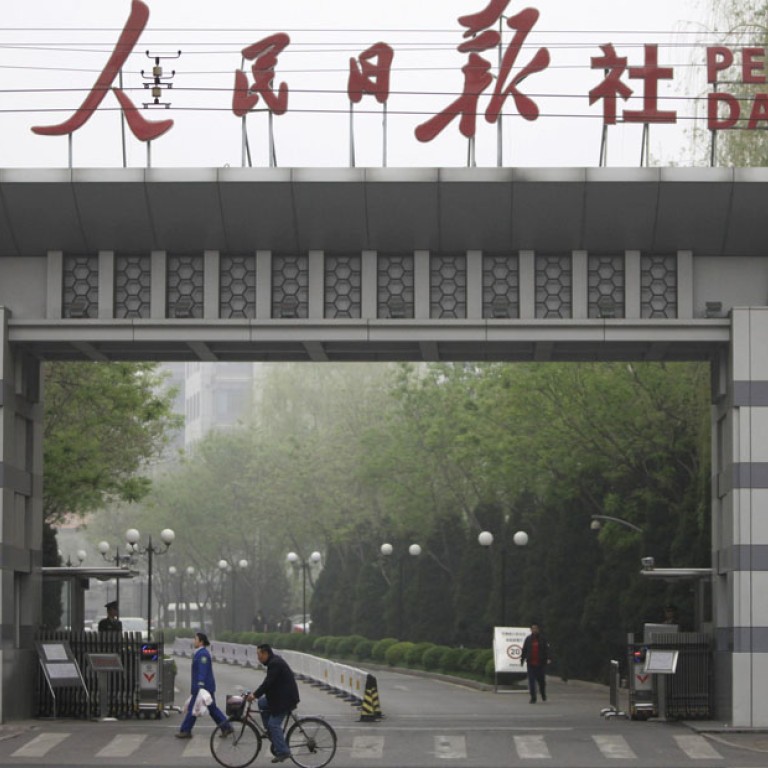
State media seizes on Egyptian chaos as lesson for reformists
State media commentary points to the chaos in Cairo as an example of what befalls those nations that embrace democracy too quickly
A commentary has blamed the "failure" of the Egyptian revolution on its "premature democracy" and warned other developing nations against falling into such "democracy traps".
Analysts said the claims were part of the campaign to quell calls for Western-style reforms in China.
Yesterday's commentary was part of a campaign targeting reformists who advocate Western ideals such as democracy and constitutionalism, analysts said, and the chaos in Egypt has only given critics more ammunition.
In recent weeks, nearly all major state-run media outlets, including the its affiliated tabloid and Xinhua, have carried similarly themed daily reports and commentaries. They argue the chaos in Egypt is the result of a Western political conspiracy and the inherent failings of democracy.
Titled "Developing nations should be vigilant of democracy traps", the commentary said the deadly clashes between Egyptian armed police and thousands of protesters showed Egypt's two-year democratic transition had achieved nothing.
"Two years after the revolution, the Egyptian people have enjoyed nothing from the benefits of democracy. What's worse, social stability and personal safety (which they had once enjoyed) have become a luxury beyond their reach," the commentary said. It was signed by Ding Long, an associate professor at the University of International Business and Economics.
"Democratic transition is still premature for many developing countries whose economic and social development is not, at this point, suited for the transformation."
Democratisation needed a "preparatory period", Ding said, and "a serious maladjustment of democracy may occur if developing countries indiscriminately copy Western democratic models".
He said democracy often led to social division. In Egypt, the division is along secular and religious lines; in Thailand, between urban and rural populations.
Last week, a editorial warned other nations to be "vigilant against earth-shaking revolution" and said China should also learn from the turbulence in Egypt.
Xigen Li, an associate professor at the department of media and communication at City University of Hong Kong, said party ideologues were using the chaos in Egypt to delay political reform in China.
"Articles like this are traps themselves that give people false perceptions about democracy," Li said. "By linking democracy with chaos, the authors suggest that democracy is a trap that should be avoided at any cost," Li said. It was a standard tactic used by pro-establishment academics who sought to denounce all democratic systems under the banner of Western political systems, Li said.
Commentaries using such a tone were "just efforts to deter political reform and democratic progress in China, and are in no way helping China to develop in a harmonious and sustainable way," Li said.
The authors of the editorials had not considered that the problems in Egypt and other developing nations arose not from adopting democracy but as a result of a failure to establish sound democratic institutions.
More than 1,000 people, including soldiers and police, have been killed in the past week in a campaign against the Muslim Brotherhood.

